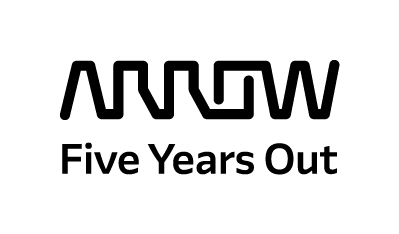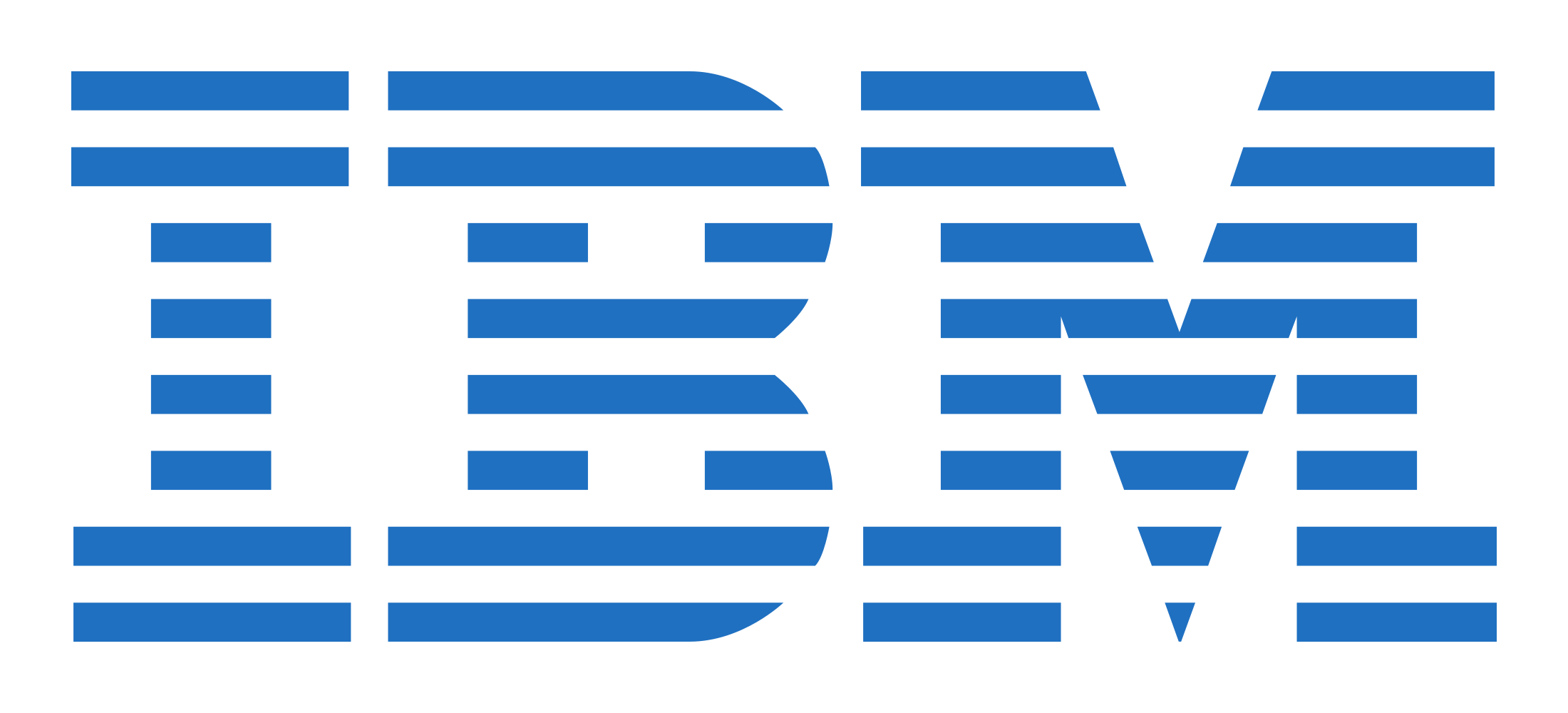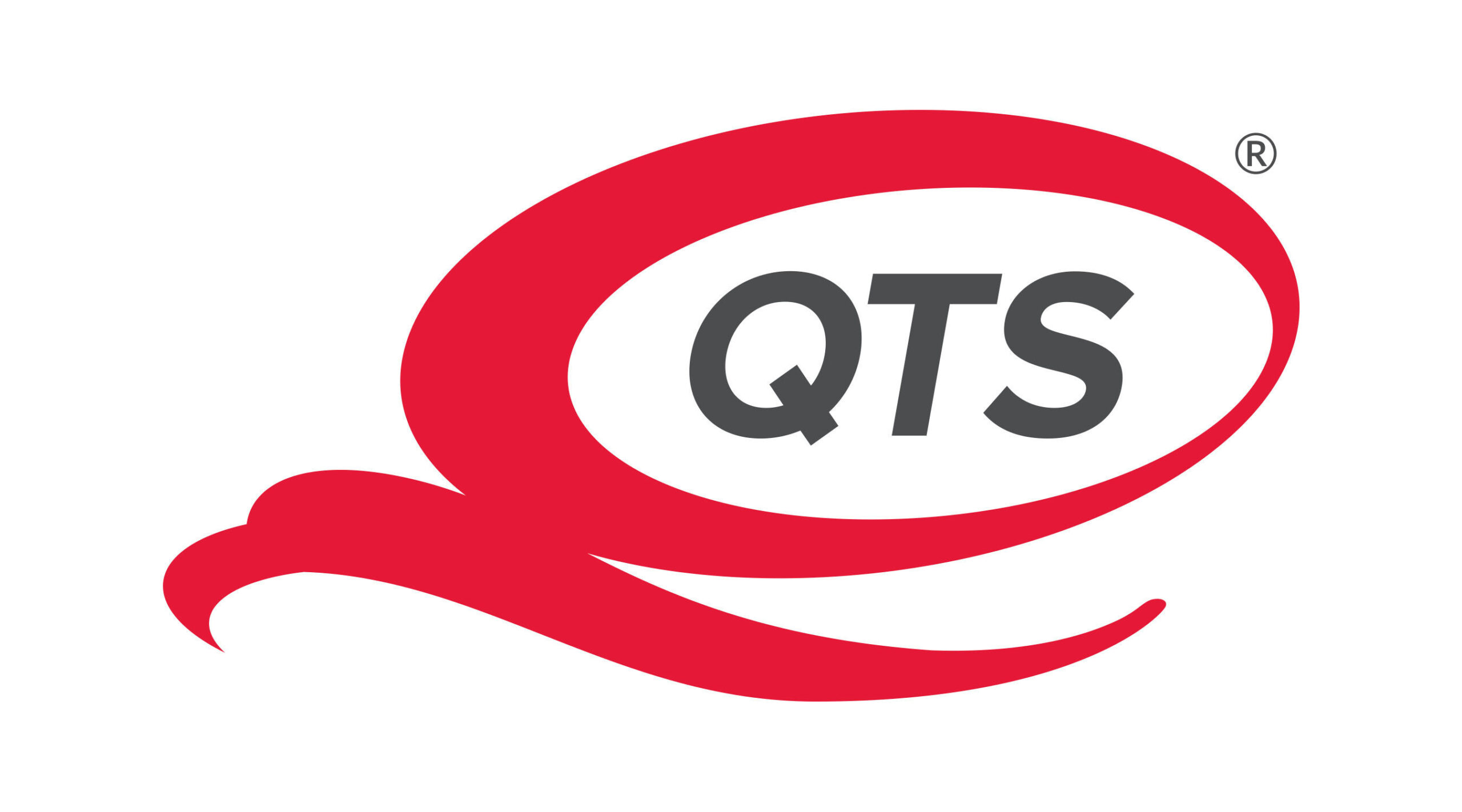By Larry Williams, president and CEO, Technology Association of Georgia
When it comes to the innovation economy, almost every company is a tech company. Today’s consumers are demanding smarter products in our lives.
That means more semiconductors in the things we rely on: cars, cell phones, TVs, laptops and refrigerators. The list goes on.
Last year, global semiconductor sales increased by 6.5 percent, according to the Semiconductor Industry Association. Demand surged during the lockdown as people began depending on digital devices powered by semiconductors to connect with each other. That’s continuing. Plus, car makers are requiring more semiconductors to keep up with surging demand. Under all this pressure, the global supply chain has broken down.
The resulting shortage has caused problems for many TAG members. Without a steady stream of semiconductors, it becomes much harder to innovate and deliver solutions to the market.
As advocates for our members and their concerns, TAG engages with policymakers wherever our voice can make a difference. Last month, I wrote U.S. Commerce Secretary Gina Raimondo to urge immediate federal action to help ease the chip shortage.
My message was that semiconductor challenges have been widely felt, with shortages occurring in a variety of chips produced by both domestic and foreign manufacturers.
In my letter, I cited the example of industry leaders on our membership roster who are experiencing shortages of chips from normally-reliable suppliers based in the U.S., Europe, Taiwan and Japan. If these supply disruptions are not mitigated, these firms could have a hard time serving customers for the rest of the year. Moreover, these challenges could have ripple effects across industries—from banking to retail. Many non-technology businesses depend on ATMs, point-of-sale systems or other digital devices to conduct transactions, track inventory, and perform important functions.
As the Commerce Department leads the Biden Administration’s efforts to address supply chain disruptions in the semiconductor industry, I urged Secretary Raimondo to work with TAG’s innovative technology membership to help address these challenges.
I’m encouraged the Commerce Department is playing a leading role in the Administration’s new Supply Chain Disruptions Task Force. This group will be an important forum for encouraging semiconductor suppliers and consumers to resolve supply issues and limit damage to the technology ecosystem.
The semiconductor shortage is complex and global, and it will take the public and private sectors working together to fix the problem. Rest assured, progress is underway, and TAG is engaged in the issue on behalf of our members.




































